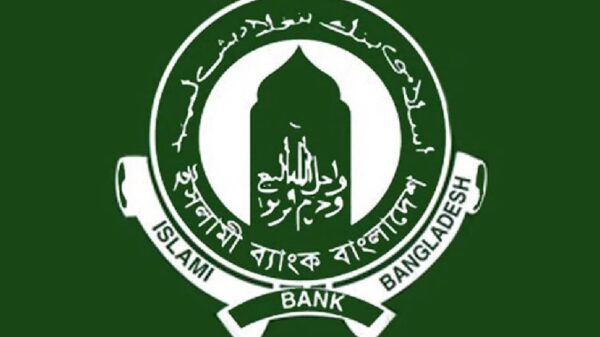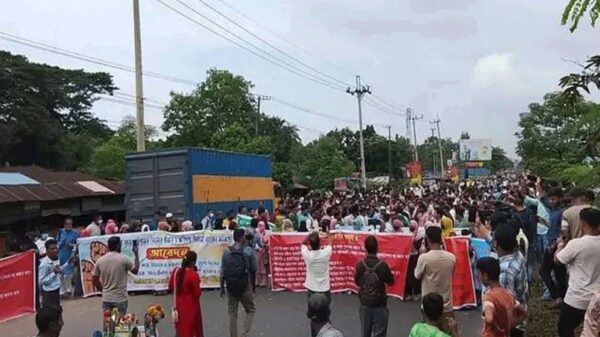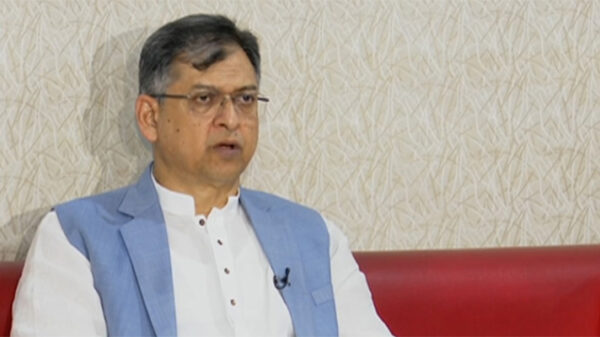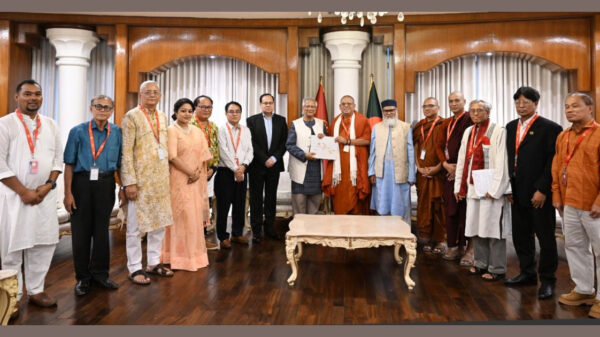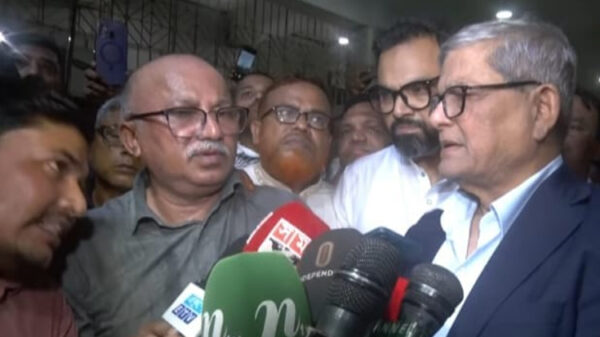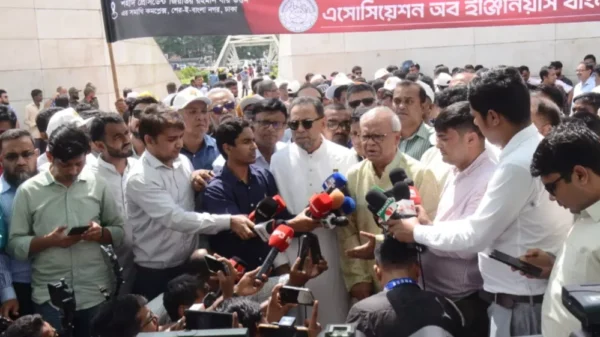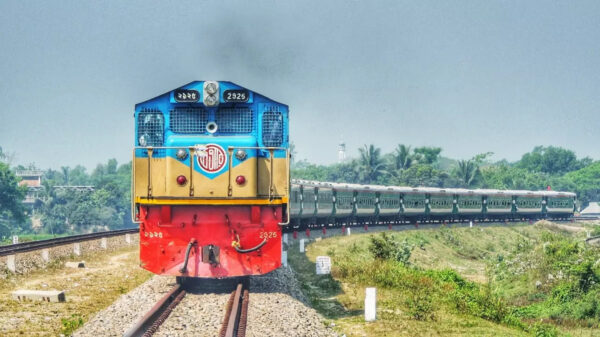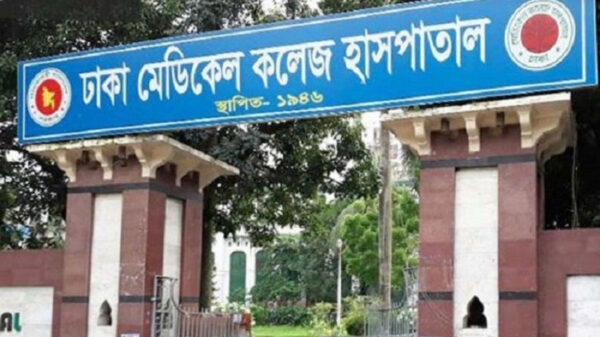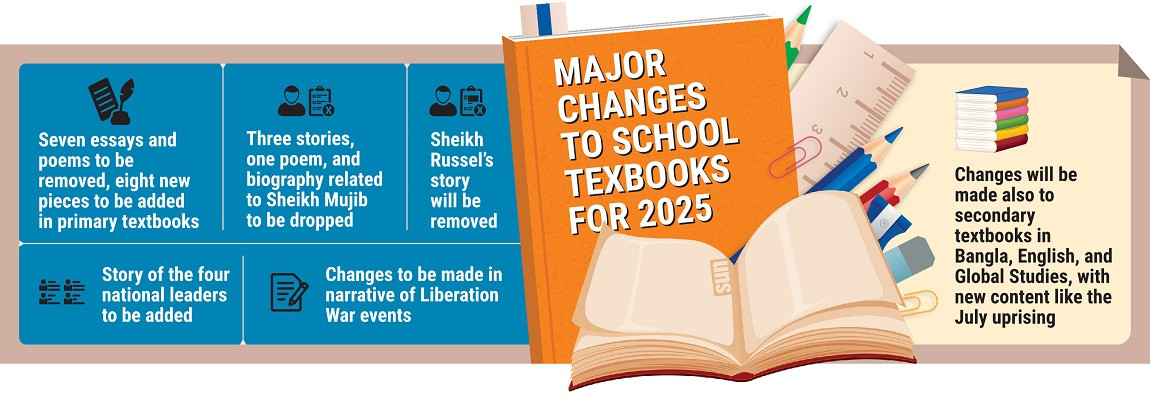Staff Reporter:
The National Curriculum and Textbook Board (NCTB) is set to introduce significant changes to Bangladesh’s primary and secondary textbooks for the upcoming academic year.
These revisions, aimed at reflecting a more balanced and contemporary perspective, will see the removal of certain politically charged stories, essays, and poems, which were introduced during the tenure of the Awami League government, and the inclusion of new topics.
For example, the chapter titled “Muktijuddho O Bijoy” (Liberation War and Victory) in the Bangla textbook for Class 1 is going to be renamed “Amader Muktijuddho” (Our Liberation War). Currently, this chapter features a photo of Sheikh Mujibur Rahman at the beginning, which will be replaced with an image depicting a scene from the Liberation War.
Additionally, the chapter, which started with Sheikh Mujibur Rahman’s 7 March speech and referred to him as the Father of the Nation, will undergo significant revisions, omitting these references.
In the Class 3 “Bangladesh and Biswa Porichoy” (Bangladesh and Global Studies) textbook, the section titled “Amader Jatir Pita” (Our Father of the Nation) will be replaced with “Amader Char Neta” (Our Four Leaders), focusing on the four national leaders.
According to NCTB sources, seven essays and poems will be removed, and eight new pieces will be added across the five grades of primary education. Changes will also be made to secondary-level textbooks, particularly in Bangla, English, and Bangladesh and Global Studies. New content, such as the July uprising, will be included in these books.
Changes in primary textbooks
According to NCTB’s editorial department, new stories such as “Pipra O Pairar Golpo” (The Ant and the Pigeon) will be added to the Class 1 Bangla textbook.
The chapter “Muktijuddho O Bijoy” will be renamed “Amader Muktijuddho” and will now begin with the events of 25 March instead of 7 March. The term “Bangabandhu” is going to be removed from the glossary, and two questions about Sheikh Mujibur Rahman will be omitted. The number of examples in several chapters has been increased, and texts will be expanded for better comprehension. For example, the phrase “Shaibal Bhase” (seaweed floats) will be updated to “Nodite Shaibal Bhase” (seaweed floats in the river).
In the Class 2 Bangla textbook, “Singho O Indurer Golpo” (The Lion and the Mouse) will be added, while “Sonar Chhele” (Golden Boy), a story about Sheikh Mujibur Rahman, will be excluded. A piece on Kazi Nazrul Islam, titled “Duhku Miar Jiban” (Dukhu Mia’s Life), is going to be added instead. The prose “Pahela Baishakh” will be renamed “Nababarsha” (New Year), and images, including one of the Padma Bridge, will be changed.
For Class 3, new additions include “Ghansfaring O Piprar Golpo” (The Grasshopper and the Ant) and “Rabindranath Thakurer Chhelebela” (Rabindranath Tagore’s Childhood). The story “Sei Sahosi Chhele” (That Brave Boy), focusing on Sheikh Mujibur Rahman, is going to be removed. In the English textbook, the final chapter titled “A Wonderful Boy,” which featured Sheikh Russel’s biography, has also been omitted.
In the Class 4 Bangla textbook, “Banglar Khoka” (The Khoka of Bengal) by Momtazuddin and “Mujib Mane Mukti” (Mujib Means Freedom) by Nirmalendu Goon will be excluded. New entries include “Tunur Kotha” and Rajanikanta Sen’s poem “Swadhinotar Shukh” (The Joy of Freedom). The prose “Mobile Phone” will be replaced with “Boi Porta Onek Moja” (Reading Books is Fun).
In Chapter 15 of the Class 4 Bangladesh and Global Studies textbook, a few lines related to the Liberation War will be added or removed. In the chapter, under the section on the “1969 Mass Uprising,” the content on “Bangabandhu” will be replaced with that on “Maulana Bhasani.” On page 79, a section will be added asking, “Who declared Bangladesh’s independence?”
The Class 5 textbook will now include content on the July uprising. However, minimal changes have been made beyond this addition.
When asked about this, Prof AKM Riazul Hasan, chairman of the National Curriculum and Textbook Board, told the Daily Sun, “This time we had more time to complete the revision of the books. However, we have been able to complete it successfully. A total of 101 books at the secondary level are being revised. In terms of major changes, some exaggerated historical events have been removed.”
Information about several individuals whose contributions were previously omitted has been added, he said, adding that some new content has also been included following the July uprising, reflecting the changed circumstances. “A graffiti related to the July mass uprising is being added to the back page of the books.”
Delayed secondary school books due to internal complexities
According to NCTB sources, most of the primary school books will be delivered to schools by the end of this month. However, the work on secondary school books is significantly delayed.
The tenders for the 6th and 7th-grade books have been finalized, but the entire process is still incomplete. The tenders for the 8th- to 10th-grade books are even further behind. But nearly one crore books for the 10th grade will be printed under the supervision of the Army, so these books will be available on time.
However, there has been a complication regarding the inspection agents for the secondary school books. The agents have not been finalised yet. The NCTB had called for tenders to appoint these agents, but one company submitted a bid nearly Tk42 lakh below NCTB’s estimated rate. Since it was not feasible to produce quality work at such a low price, the NCTB did not award the contract to that company, nor has it called for a new tender. As a result, the work on secondary school books has been delayed due to the unresolved issue of inspection agents.
Additionally, according to the tender conditions, the press owners are entitled to 28 days to complete the work after the book contracts are awarded. However, if this condition is upheld, it will not be possible to deliver the secondary school books by January. Therefore, the NCTB is considering reducing the time allotted to the press owners. However, the press owners are refusing to agree to this change.
Press owners argue that, according to the tender conditions, they are entitled to 28 days to complete the work. If this time is reduced, it will not be possible to ensure the quality of the books. The NCTB may request a reduction in the time, but cannot impose it forcefully. If they do, it would be a violation of the tender conditions, and maintaining the quality of the books would not be possible.
According to the NCTB, following the fall of the Awami League government in the face of a mass uprising, the interim government decided to revise the curriculum and textbooks according to the 2012 curriculum.
As part of this, the government is now working to print over 40 crore textbooks. Due to the increased number of books in the revised secondary curriculum, the printing work for these books has expanded. However, the delay in starting the work has raised concerns about whether the books will be available at the start of the upcoming academic year.
When asked about the situation, Bright Printing Press owner SM Mohsin told the Daily Sun, “The tender work for secondary school books is still not fully complete. As soon as NCTB finalizes the process, we will be able to begin work immediately. If they delay, we will also face delays. We are always committed to delivering the books on time, but we need a minimum amount of time. Otherwise, it will affect the quality of the books.”
Regarding the issue, NCTB Chairman Prof AKM Riazul Hasan said, “Once all the revisions are completed, we should be able to hand over the work for all grades to the presses within the next week. This time, the number of books has increased and there have been more revisions, which has delayed the work on secondary books. However, we hope to deliver most of the books by mid-January.”


